A 10-hour Road Lament to a Eureka Rebellion
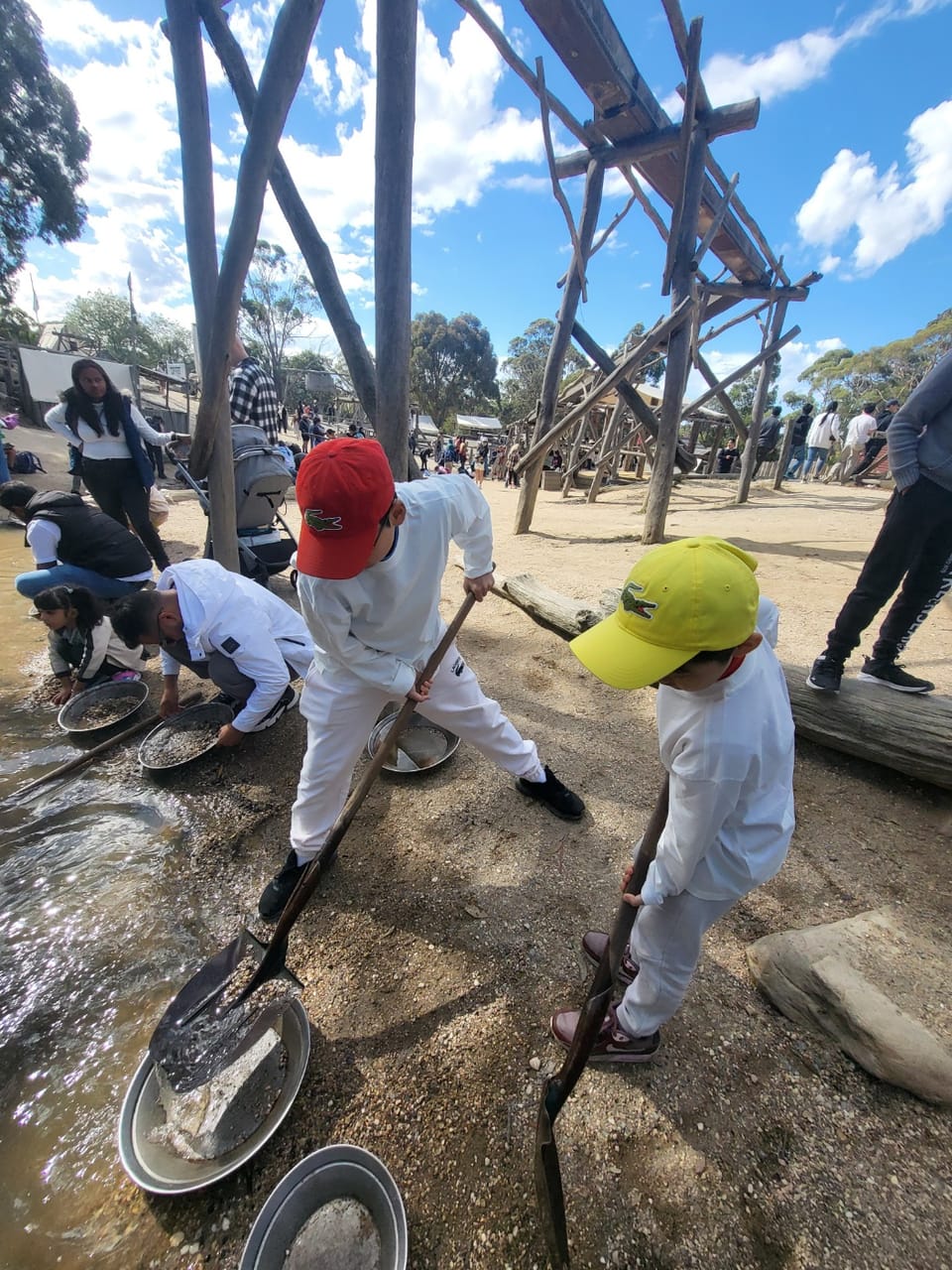
‘Tis any pain more painful than sitting in a car for 10 hours? As my two brothers deafen my right ear with their wails, my mind generates an image of an Easter paradise my friends would be enjoying at this moment. What I would give to stuff my face with popcorn, ignore my shower days, and watch my eyes turn square in front of the television.
The only reason I decided to go on this road trip was because of the seducing power of Ronald McDonald’s fries. Our parents also promised us an iPad to use as a television, yet Australia being Australia, the internet was unstable. Among the trip time of 10 hours, only 10 minutes of screen time was spent. The unison of the cacophony of my brothers’ voices echoed in the car for the thousandth time, collecting and digging into my eardrums and brain. “Are we there yet?”
Dad turned his head ever so slightly. “Ten minutes left!”
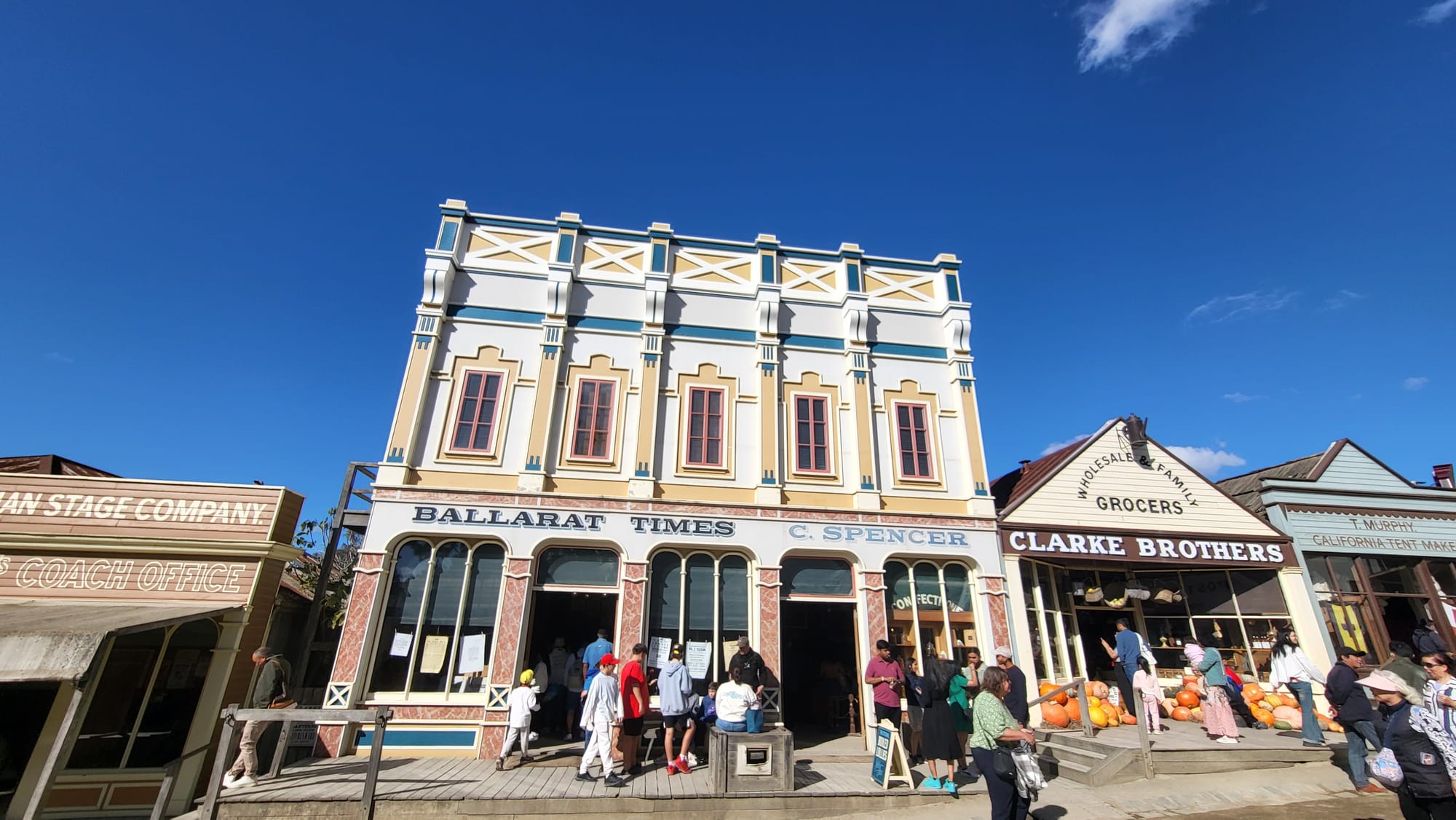
The toil and pain of the 10-hour drive evaporated, as we bounced around Melbourne’s landmarks. Yet, among the Melbourne destinations, there was one which I had enjoyed the most and that I recommend to others: touring around the goldfields of Sovereign Hill, Ballarat. We were packed away from the world, as we stepped into a town untouched since the 1850s. We had time travelled into the 1850s gold rush. I wanted to convey what I learnt about a miner’s life in Sovereign Hill and put it into my fictional protagonist and historical-based writing about John Long. It was interesting to learn that although the miners lost their rebellion, their call was not unanswered. This was why I based my writing on the Eureka Stockade, which was the stepping point for Australian democracy. I hope you enjoy this writing!
Thack, thack, thack.
The pickaxe struck the hard earth with rhythmic precision. John Long wiped his brow with his brown sleeve, weathered and soiled with his troubles. Has it been a year? No, six months since he arrived in Ballarat for a chance at fortune as soon as he heard that James Esmond, a Klondike veteran, had struck wealth in Ballarat. The headlines of unfound treasures changed the world, turning men into dreamers of fortune. It was all they did: luck had been elusive.
Three-hundred metres underground, Long’s arms shone with sweat, the pickaxe swinging down from his rough hands, quenching for gold-riddled quartz. Dulled lights hung from overhead granite supported by whispering timber. Long’s limbs ached, succumbing to the breeze of the furnace sweating on every miner’s face. He longed to rest, but he knew that just one more stroke of mining would possibly mean fortune and glory, one that another miner might swipe under his nose. What did they call it? Claim jumping?
As the shift bell rang, Long ascended onto the plains of the goldfields. The mining week had ended and there was no quartz to feed the quartz smashing machine. Long emerged from the mines, only for his brain to lurch back as his eyes met the sun.
“‘Scuse me. Yes, you.”Long turned around to see a tall, lanky figure dressed in the signature blue overalls with red stripes, complete with a wooden baton and holster. Does a convicted criminal in a police uniform really think he’s an officer? Long opened his flaking lips. “Yes officer?”
The officer smiled with thin lips. “You have a licence, yes?”
Long stuttered, hesitation shaking his hands. “R-right sir.”
The officer stuck out his hand, his smile curling around his hollow cheeks. Long’ finger memories dug into his pocket, sticking it around, pulling out a brown and crumpled piece of paper carrying his gamble. As the officer’s eyes surveyed the paper, Long observed the officer’s unwilling smile, as he returned the licence. “You are John Long, are ya?”
“That’s right.”
The officer turned, walking to the next miner in the procession. Long had just started for his campsite when another voice mused. “The convict police’s really sticking it out for us, aren’t they?”
John’s neck cracked as he looked back again. A miner in striped overalls and a worn fedora ambled over, skin tanned. John nodded. “After you people burned down their precious pub, I guess so.” The man laughed, twirling his fists around. “We! We did it. We miners! Their actions don’t go unanswered! If they can fight, so can we! The name’s Carlton.”
John smiled. “Well, it’s nice to have a friend on the field. It’s a warzone out here!”
John proceeded to his white tent, perched beneath a tree of Bakery Hills, overlooking the goldfields. He tousled through his sand-aged gold panning pan and shovel as he collapsed on his heap of sheets.
The next morning arose with initial scepticism. A scream had risen from the streets: apparently a new victim had been picked by the police to toy with, to set an example for the other ‘troublemaking’ miners. John poked his head out from the tent, only to see two policemen dragging a screaming man away. A policeman screamed. “Where’s your licence?” The man was squirming, legs flying. “I don’t have one, okay? I was just going to the post office to get a new one! I wasn’t going to the mines—” Before a policeman’s baton made contact with the man’s head, John sprinted down for the mines. He had recognised the man: Carlton.
As his eyes once again adjusted to the dark, Long’s hands steadied against his pickaxe, lungs inhaling and exhaling. Even as he dug, his mind was trapped with the screams of Carlton. Every impact with the pickaxe sent the flash of a baton clubbing Carlton’s head, drifting away from consciousness. “Hey! You over there! Come here!”
A miner had entered with a lethal looking machine: a drill. Long walked over, blowing a hole into the wall. A miner started the drill, as he and Long forced the drill forward, dust piercing his lungs. John gasped for breath, thumping his chest, coughing. The mining day drew to a close once again, as John made way for his tent. He blocked out the events of the earlier day with dreams of striking it rich.
As John made for the mines, he was met with an unexpected sight. The gate was bolted shut with a piece of paper hooked onto the metal gates: he turned to Bakery Hill. For the past few nights, miners had raided police armouries, supplying the miners with weapons. Now, Long knew why: the miners were organising an uprising against the police occupation.
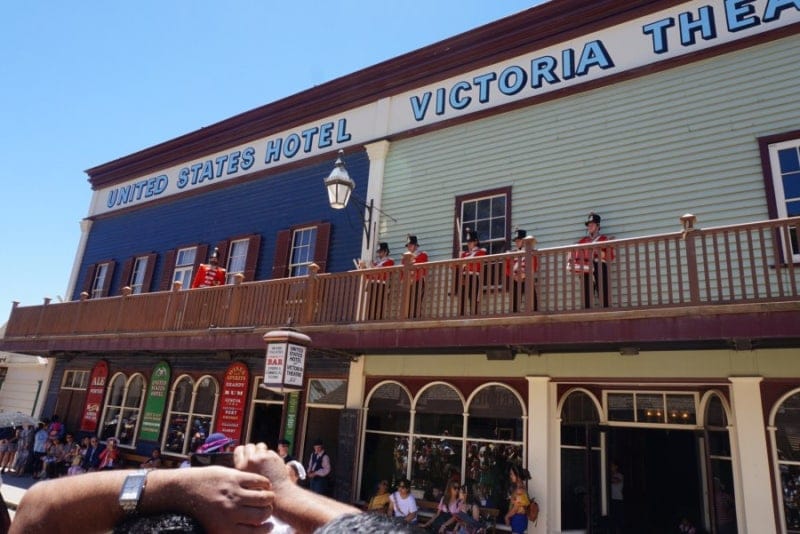
The blue flag with a white cross representing the miners’ fight for freedom, the Southern Cross, erected on a tree stump fluttered through the sky, under a barricade Long had stayed in from Friday: after all, his tent was pitched here. The morning after Saturday had come at a high price: Sunday being the only day off from the mines, many miners had left their fortifications. They did not know when the uprising should happen, but Long saw it on the foreseeable horizon. Just as Long’s eyes started to drift from his stale surroundings, the timber supporting the stockade groaned, a low, lament that seemed to murmur secrets of an impending reckoning: Long threw himself onto the ground as the first shot rang out.
John’s fingers gripped his revolver as his eyes peered out above the linen of a tent stuck in the barricades, his heart racing: the horizon was lined not with blue-coated police members, but the military professionality of the redcoat soldiers. They must have been preparing all this time, and the perfect moment to strike! The wooden barricades splintered with lead balls as miners returned fire. They knelt on the barricades shoulder to shoulder. Their muskets and pistols made a ragged but resolute line, the miners’ faces streaked with soot. Long pulled the trigger alongside his comrades as a soldier fell with a fog of red bursting from his arm, swallowed by his companions.
Yet, a cannonball burst through the stockade, leaving a gaping hole. Government soldiers surged through, as they bayoneted those who lay breathing on the ground, the landscape painted into a canvas of spilt crimson. Long slung backwards as something lodged itself in his chest. Squeezing it with his hand, he extracted it. His hand was painted red.
As Long grimaced through blood, he watched as the barricade fell, soldiers massacring the miners, even noncombatants. There was no retaliation. His discarded revolver lay nudged aside by a splintered beam from a shattered tent. As Long reached for it, a polished black boot blocked his trembling hand. As the Eureka Rebellion’s mist of crimson flooded out in fifteen minutes, Long had plunged into darkness. On his face lay the tattered, ashen remains of the flag of the Southern Cross.
After the Eureka Rebellion and the miner’s uprising, the government, due to public uproar, decided to listen to the pleas of miners: the high price of the miner’s licence was abolished, replaced by the Miner’s Right, and the corrupt police department soon dissolved. The aftermath of the Eureka Stockade established the first step towards Australian democracy.
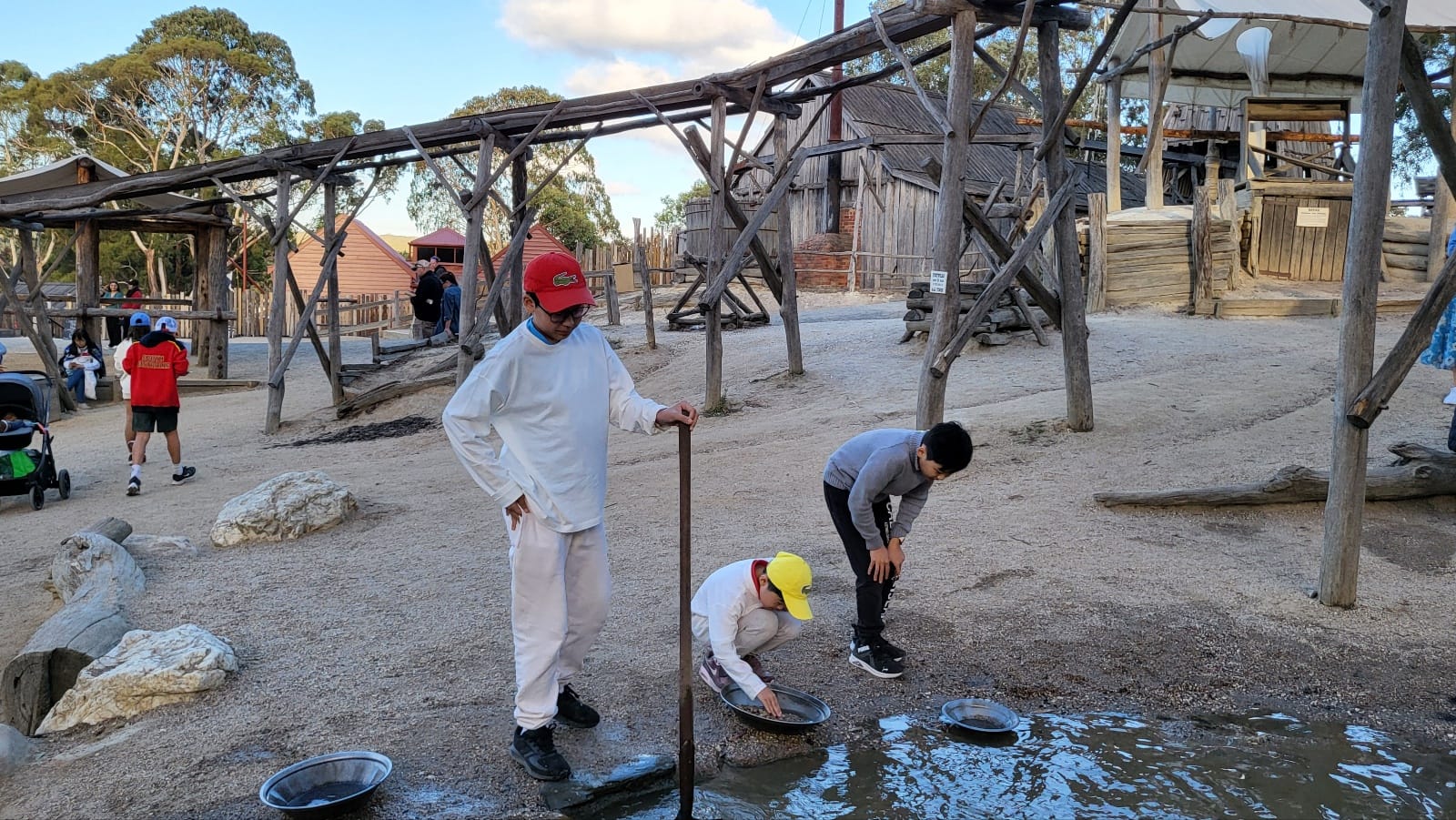
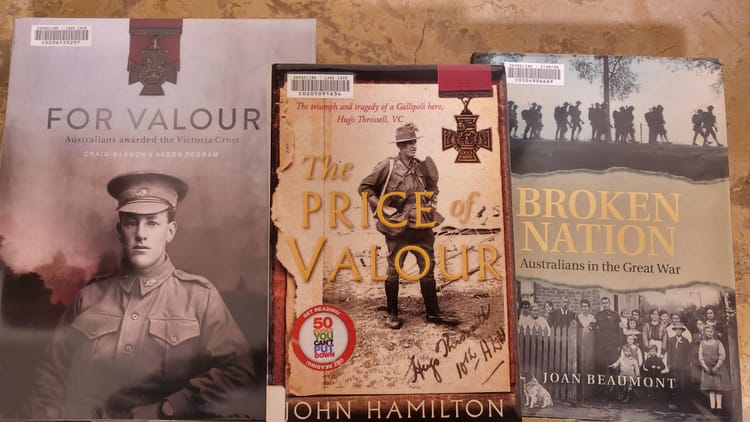
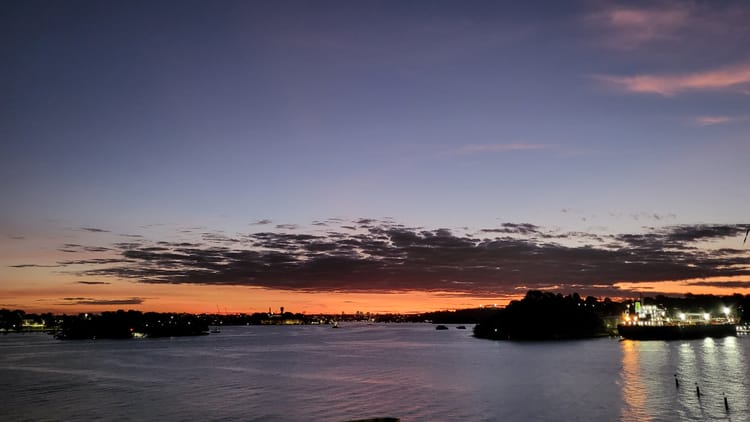
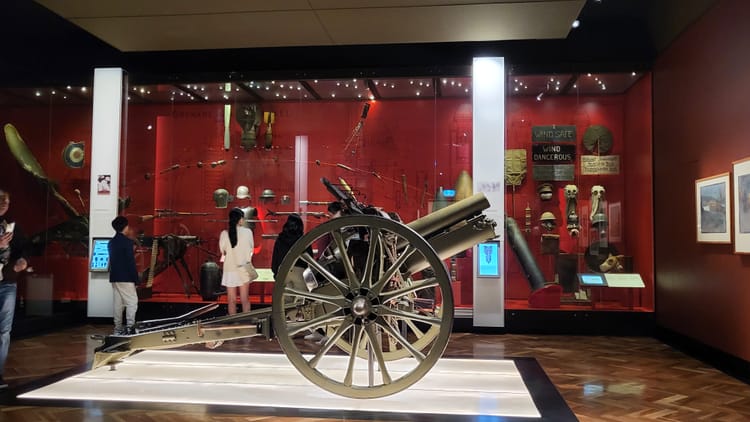


Member discussion